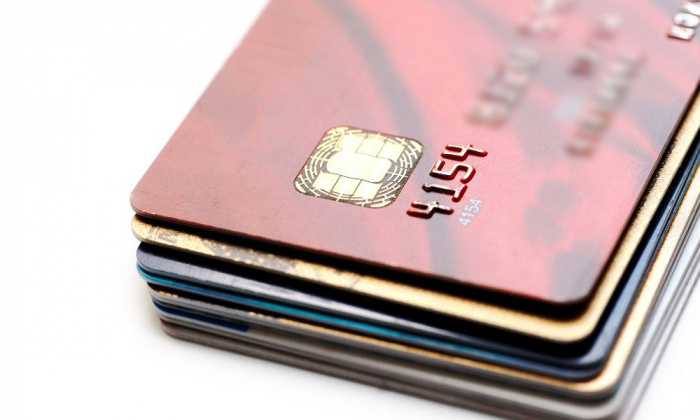
Credit card interest rates can be a complex, confusing topic. The intricacies and variables involved can make it challenging for many people to fully comprehend. The following information will act as a guide to understanding credit union credit card interest rates.
What Is the Purpose of Interest Rates?
Credit unions implement interest rates to cover the costs associated with lending money. When you use a credit card, you are essentially borrowing money from the credit union. The interest rate is the cost of borrowing that money.
When you pay off your balance in full each month, you usually don’t have to pay any interest. However, if you carry a balance on your card, the credit union will charge interest on the amount you owe. This interest is calculated using the annual percentage rate (APR) on your card.
The interest charged also acts as a risk management tool. Borrowers who are more likely to default or pose a greater credit risk are often charged higher interest rates. This is because the chances of the credit union losing money on these borrowers are higher. The higher interest rate compensates for this increased risk.
How Do Interest Rates Work?
Interest rates on credit cards essentially decide how much extra money you have to pay if you don’t pay off your entire credit card balance. Let’s say you make a $100 purchase using your credit card, and your interest rate is 20 percent annually. If you don’t pay off that $100 within the payment period (usually around 30 days), you’ll start accruing interest at a rate of approximately 1.67 percent per month. After a year, you would have to pay $120 in interest.
What Are the Perks of Credit Union Credit Cards?
Lower Interest Rates
The interest rates at credit unions are often lower than those of traditional banks due to the nonprofit status of credit unions. Banks seek a profit, while a credit union is comprised of members whom the credit union wants to see succeed. Issuing superfluous interest rates to its members wouldn’t benefit a credit union.
Significant Savings
A lower interest rate reduces the overall cost of your debt. This allows for more manageable repayments. Since less of your money is going toward interest, budgeting and planning your finances are easier. In the long run, credit union members can establish substantial savings from lower interest rates.
Streamlined Repayment
Furthermore, lower-interest credit cards from credit unions can streamline and expedite the debt repayment process. A greater portion of your repayment goes toward reducing the principal balance, not toward paying off the interest. This means you can pay off your debt more quickly and become debt-free sooner than you would with a higher-interest credit card from a bank.
Understanding your credit card interest rate options doesn’t have to be a confusing mess. Credit unions offer a variety of options for credit cards, and Democracy FCU is no exception. Our low-rate credit cards are especially beneficial for people looking to earn rewards through their purchases and manage their finances better.

